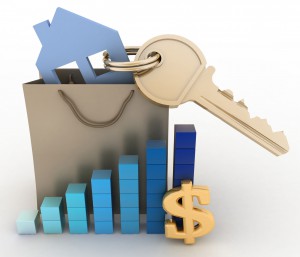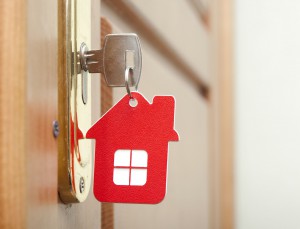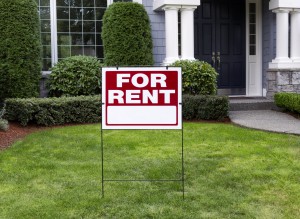Three minute read.
Apparently, High-rise Harry will cease building apartments for rent if the NSW government implements rental reforms to improve security of tenure.
NSW politicians are looking to follow Victoria by implementing a series of measures to limit rent rises and make evictions harder.
The NSW ALP is also considering giving tenants the option of five-year leases.
So HH wants to boycott Sydney? 
The talk is that such a move will decimate the Sydney rental market, creating a massive shortage and will see rents skyrocket.
Hmmmm
For mine, there is something completely amiss with the rental market commentary.
Most just accept what is said as gospel.
Yet, there is little to no rental growth but vacancy rates are, apparently, as tight as a fish’s bum.
Well, let’s just spend a few minutes looking into this issue.
Follow my steps.
Here, I checked out Sydney’s Inner West, it is Code 120 (SA4) as defined by the ABS; and for those keen enough to want to check where this area is, go here.
I have picked this area because it is one of Harry’s happy hunting grounds.
1. I went to realestate.com.au and searched the ‘rent’ section and typed in Sydney Inner West.
Up came some 2,679 properties for rent, of which 1,787 were ready to move into today.
2. Just to play it safe, I visited domain.com.au and found 2,518 rental properties available.
So, let’s not quibble, let’s say there are 2,500 dwellings available to rent (I have deliberately low-balled here), of which some two-thirds are available now and the other third will take a few weeks before they become available (existing lease needs to expire/tenant moves out).
3. I then went to a well-known online data provider of vacancy rate data and found that for the same area, their vacancy rate was 1.9%.
There are only about 1,500 dwellings available for rent according to this data source.
But the asking rents for this location have only risen by 2.7% for houses and 4.4% for apartments over the last twelve months.
The average asking rent for a house in this area is $750/week and $540/week for apartments.
So, asking rents have only increased between $20 and $25 per week over the last 12 months. 
Given all the hype about the shortage of rental supply and how hot this part of Sydney is, I was really expecting double digit rental growth.
4. And for mine, RE agents like to quote asking prices for rental properties as opposed to actual rent being paid.
Often, the difference is quite large.
The asking price (as opposed to the actual price being paid) is used in most, if not all, online listings for property and is used to justify the rent and rental increases for surrounding “similar” properties.
A recent example in Sydney’s Inner West includes: One bed asking price $520/week. Actual rent (negotiated) is $485. Both major online listings for this rental property show $520. So, I do wonder if the lacklustre rental growth is accurate.
5. If 1,500 vacant rental properties does really equate to a 1.9% vacancy rate, then there would be 79,000 rental properties in this area.
6. But when I go to the ABS Census website, I find that there are 105,000 total dwellings in this area, of which 42,000 are rented.
So, 1,500 divided by 42,000 equals a 3.6% vacancy rate. 
When I do apply the more accurate vacancy figure (2,500/42,000), I get a vacancy rate of 5.9%.
Now, this starts to explain the limp increase in weekly rents.
7. Now, it gets even worse, as just 31,000 rental properties in this area (2016 census figures again) are managed by real estate agents.
Much of the remaining 11,000 rental properties in this case are owned by a relative/friend of the tenant, so these digs aren’t in the ‘commercial’ market and shouldn’t really be part of this data set.
So, the real vacancy rate is 2,500/31,000, which is a vacancy rate of 8%.
This is why rental growth is lacklustre or non-existent.
Where rental stock available for rent is truly in short supply, actual rents rise. 
The opposite happens when rental supply is loose.
Our work suggests that the rental market – across most urban locations in Australia – has heaps more supply than the empty vessels repeatedly tell us.
Oh, and there is one property investment mob out there (a bigwig too), who compare the number of vacant properties with the total number of householdsin an area.
When challenged about it, they think that is fair and that I should just “get lost”.
Talk about comparing apples with oranges. And Matusik, don’t upset the fruit cart!

No comments:
Post a Comment